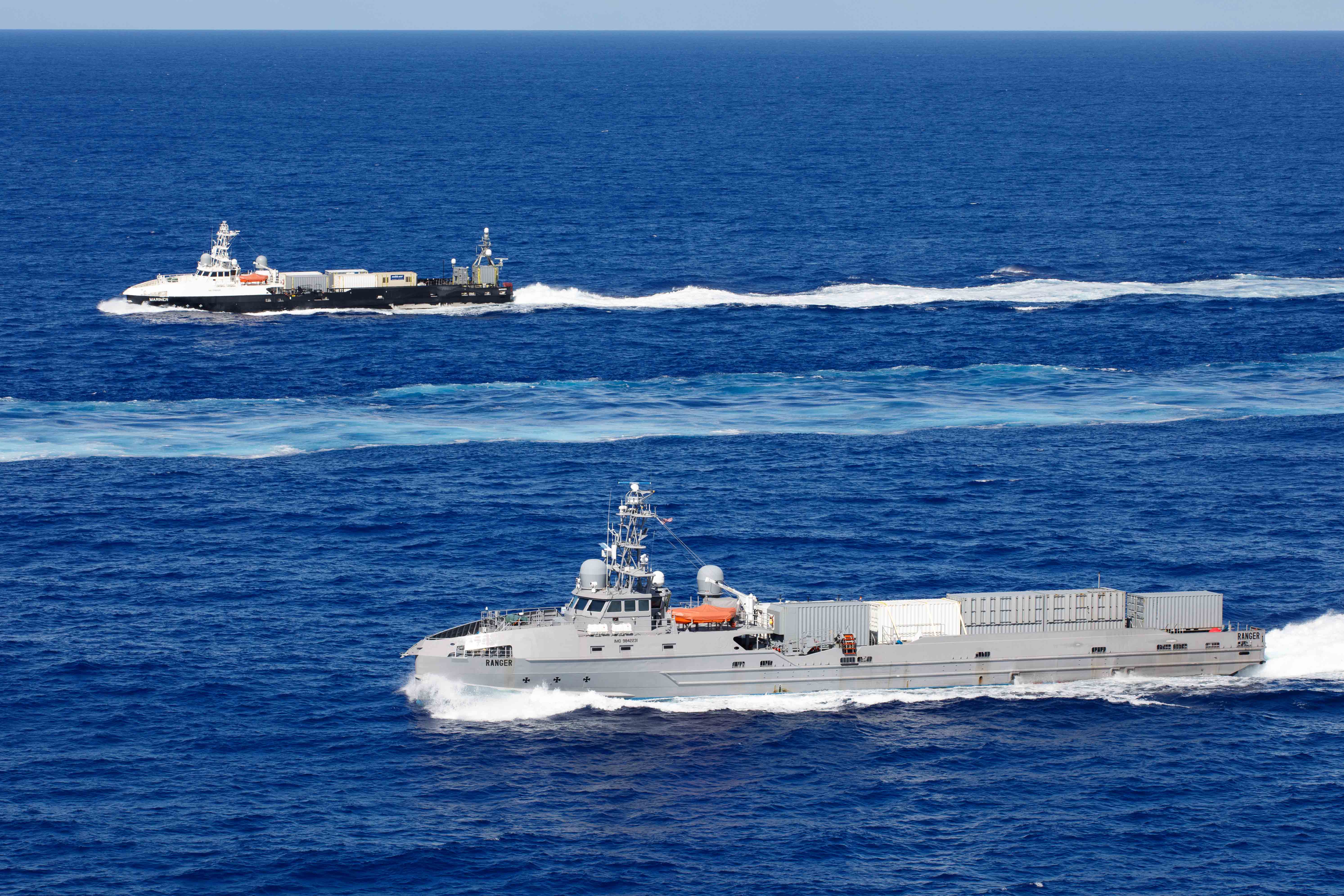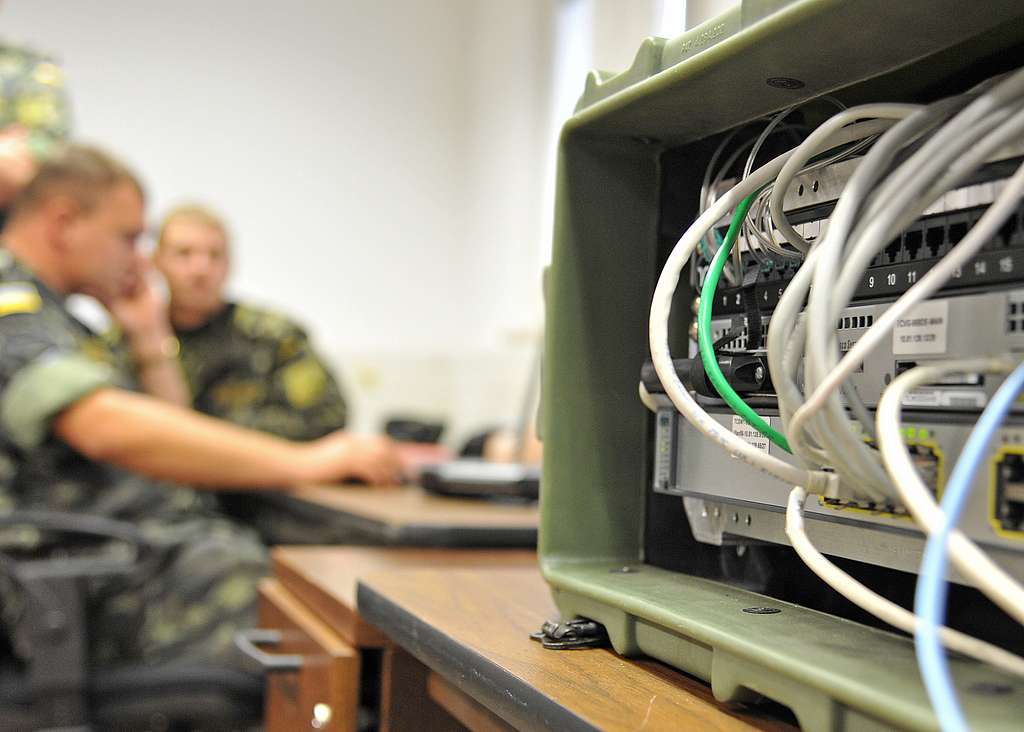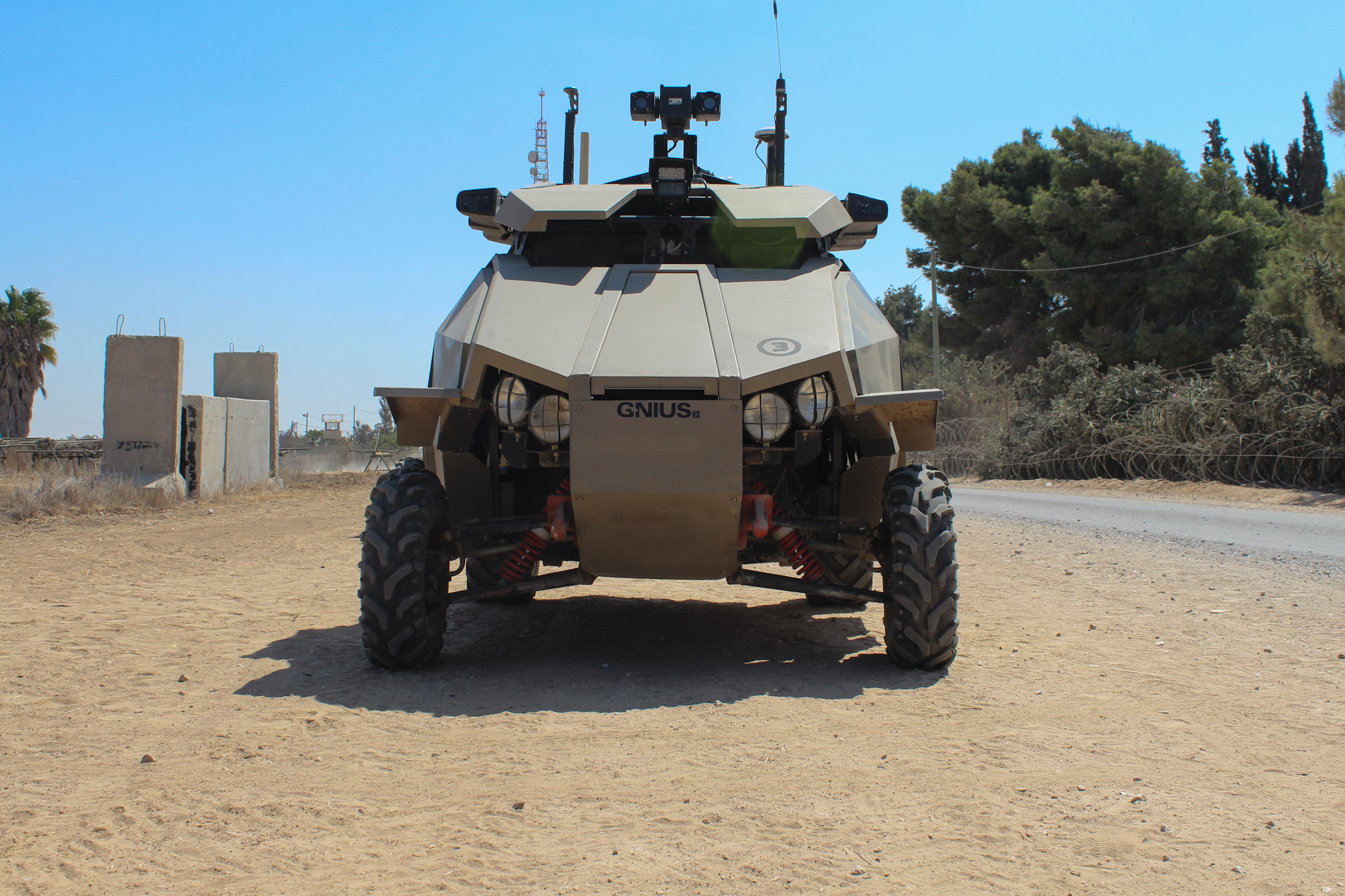Cato Debate on Drones
The Cato Institute, in its monthly Cato Unbound online magazine, is this month featuring a debate on drones to which Ritika and I have contributed an essay. The lead essay by David Cortright of Notre Dame University is available here and argues as follows:
The first and most important question is whether drone technology makes war more likely. Are decisionmakers more prone to employ military force if they have accurate weapons that are easier to use and do not risk the lives of their service members?
Published by The Lawfare Institute
in Cooperation With

The Cato Institute, in its monthly Cato Unbound online magazine, is this month featuring a debate on drones to which Ritika and I have contributed an essay. The lead essay by David Cortright of Notre Dame University is available here and argues as follows:
The first and most important question is whether drone technology makes war more likely. Are decisionmakers more prone to employ military force if they have accurate weapons that are easier to use and do not risk the lives of their service members? The use of these weapons creates the false impression that war can be fought cheaply and at lower risk. They transform the very meaning of war from an act of national sacrifice and mobilization to a distant almost unnoticeable process of robotic strikes against a secretive “kill list.” Do these factors lower the political threshold for going to war? On the surface the question seems naïve. Political scientists argue that decisions about going to war are made on the basis of strategic necessity and perceived threats to security. The act of war is not determined by the type of weapon available. As the eminent political theorist Hans Morgenthau famously said, referring to nuclear weapons, people “do not fight because they have arms. They have arms because they deem it necessary to fight.” On the other hand, the availability of a particular class of weaponry can influence judgments on the likely costs and viability of military action. U.S. political leaders are able to imagine intervening militarily in other countries because they have advanced weapons systems designed for that purpose.[6] The possession of drone technology increases the temptation to intervene because it removes the risks associated with putting boots on the ground or bombing indiscriminately from the air.Ritika and my response essay begins:
David Cortright crafts his essay as a series of cautionary warnings about the rise of drone warfare, but his core argument goes far deeper than drones: Cortright objects to drones, which promise unprecedented levels of humanitarian protection of civilians, chiefly because they facilitate the effective use of military force, including in situations in which the United States has not previously used military force. . . . To lay the matter bare, Cortright objects to military robotics because the field offers effective weaponry that keeps our forces safer while enhancing their lethality and targeting precision with respect to the enemy—the combination of which invites use. In other words, he objects to precisely what any operational commander would find attractive about drones.It goes on to argue against any simple moral equation that condemns the use of drones both on grounds of force protection and on humanitarian grounds:
Cortright may argue that “terrorism is more a political and law enforcement challenge than a threat that can be addressed by military means,” but it is worth remembering that the opposite of targeted killing is not usually law enforcement. It is often less-targeted—that is, more indiscriminate—killing. The important flip side to Cortright’s anxiety that drones will lower our inhibition to go to war is that drones can also limit the scope and scale of military action. The United States is not going to take a hands-off approach to states like Pakistan and Yemen, where law enforcement is not a feasible option. Drone warfare permits a highly calibrated military response to situations in which the alternative may involve not lesser but far greater uses of military violence. This is a good trade. Conversely, drones also allow militaries to contemplate certain humanitarian interventions where they might never contemplate risking actual forces; consider whether the recent NATO Libyan intervention—which probably saved a considerable number of lives—would have been politically possible had U.S. forces been seriously at risk.
Benjamin Wittes is editor in chief of Lawfare and a Senior Fellow in Governance Studies at the Brookings Institution. He is the author of several books.





